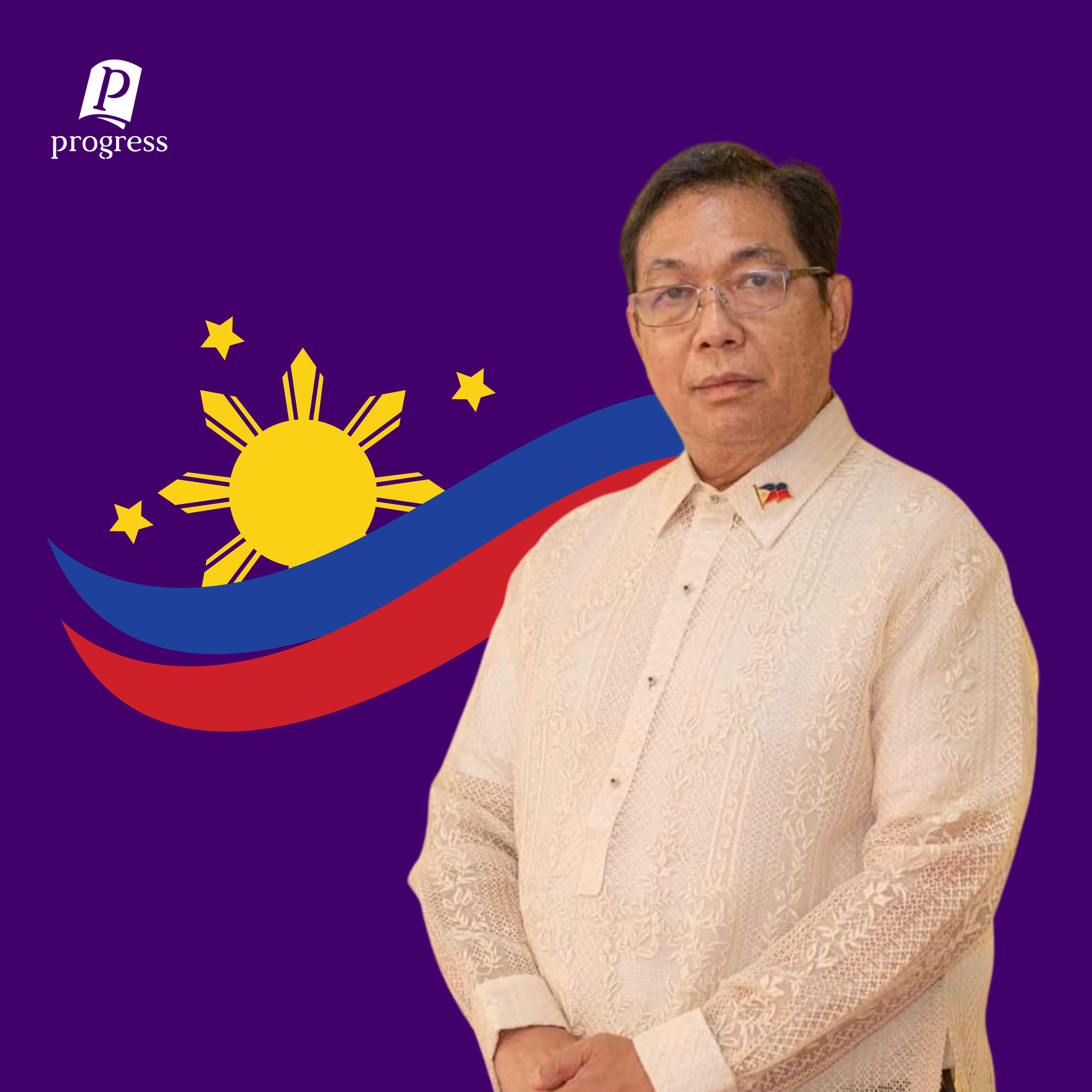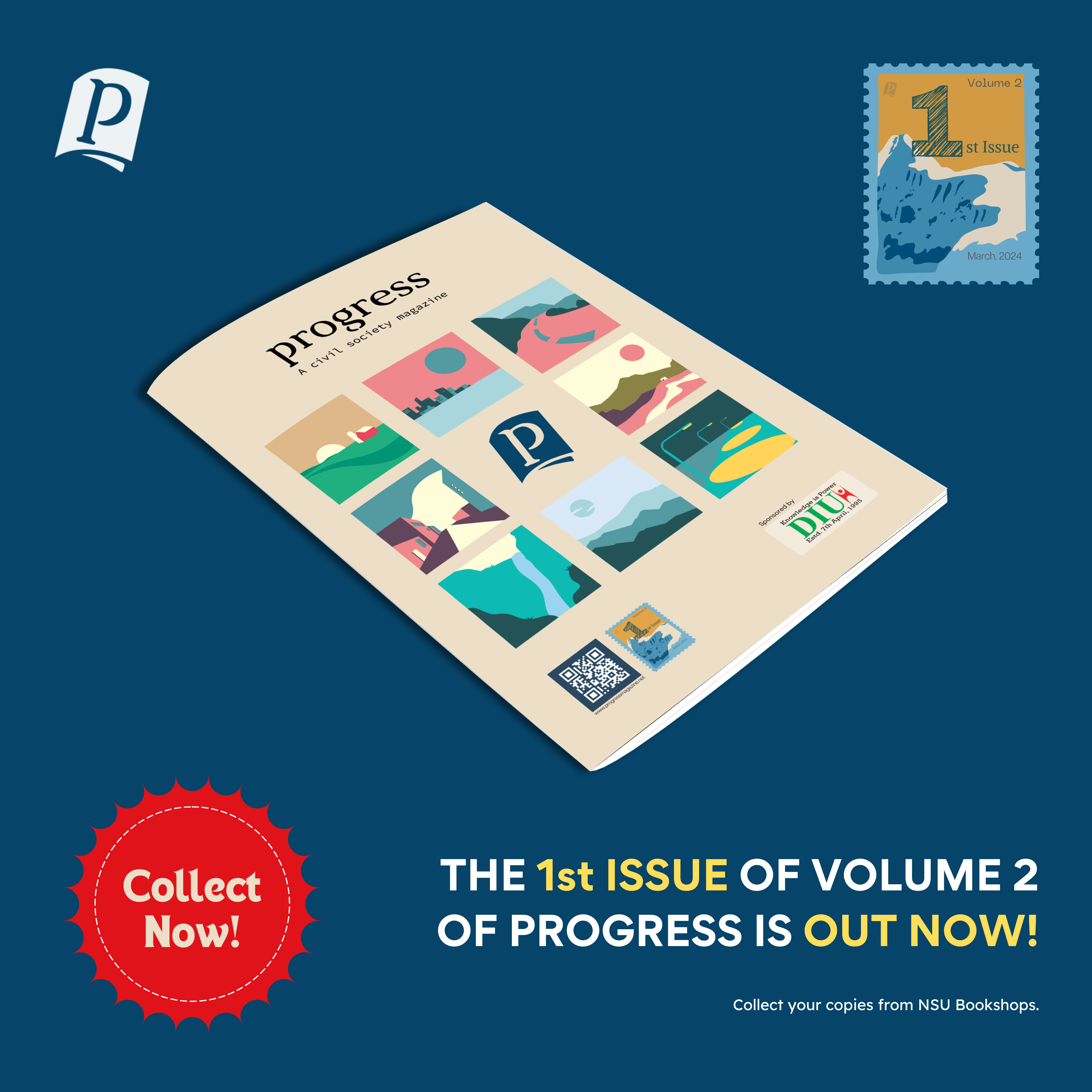Progress:
Excellency, thank you very much for agreeing to be interviewed by Progress Magazine. The first question to you is – the Philippines was one of the first countries to have recognized an independent Bangladesh. Why might the Philippines have been so keen on developing diplomatic ties at a point in time when Bangladesh had just started its journey?
Ambassador:
As a country with a long history of colonization, the Philippines has always stood for protecting the rights of the oppressed and upholding nations’ right to self-determination. Acknowledging Bangladesh as an independent nation that early on in its nascent history is tantamount to acknowledging the struggles and hard-won victory of freedom fighters to assert Bangladesh’s rightful place among the community of nations.
Progress:
The economic relations between Bangladesh and the Philippines are commendable. Could you elaborate on the types of goods the countries export and import?
Ambassador:
Trade relations between the Philippines and Bangladesh have been remarkable, characterized by steady and significant increases in the last few decades. The Philippines’ exports to Bangladesh have been increasing at an annualized rate of 18.9 percent since 1995.
Bangladesh ranks 52nd destination of Philippine exports and the third largest trading partner in South Asia. In 2022, top Philippine exports to Bangladesh include iron and steel, various agricultural products, and paper products, among others. The Philippines’ top imports from Bangladesh, not surprisingly, are garments, pharmaceuticals, tobacco and manufactures tobacco substitutes, and agricultural products.
Progress:
Do you see any particular commodity produced or manufactured in Bangladesh that the Philippines could benefit from in the future?
Ambassador:
I think there is yet un-maximized opportunity in the Philippines collaborating with Bangladesh’s RMG, pharmaceuticals, and ceramics sectors. The Philippines’ strength for and competitive advantage in nursing education, for example, coupled with/supported by increased pharmaceutical exports from Bangladesh can only redound in economic as well as social benefits for both countries.
The Philippines, in turn, can facilitate knowledge transfer to improve Bangladesh’s agriculture sector -skills in food production, processing, canning and packaging, IT, Business Process Outsourcing (BOP), electronics, and tourism, are just some of the areas where trade between the Philippines and Bangladesh can be further enhanced for both countries’ mutual benefit.
While both countries have not had/have had negligible trade in services, there is a benefit for Bangladesh to learn from the Philippines’ track record in tourism and the hospitality industry. This is another area where trade between the two countries can be enhanced, resulting in a diversified import/export basket of goods and services for Bangladesh to build on and work with as it continues on its trajectory to middle-income country status.
Progress:
What are your thoughts on the Bangladesh-Philippines Chamber of Commerce and Industries (BPCCI)?
Ambassador:
I think the BPCCI is an excellent platform to facilitate trade and investments between the Philippines and Bangladesh. That it was created precisely for this purpose underscores the importance placed on strengthening economic relations between our two countries in the framework of the Bangladesh Government’s Policy for Regional Cooperation and Look East Policy. It also emphasizes the role of synergies in developing economies like the Philippines and Bangladesh that may be leveraged for increased trade between the two countries.
Even with this worthwhile purpose and vision for its establishment, I also think there is a lot of unrealized potential and un-maximized opportunities that the platform has made available. To this end, the Embassy will strive to engage them constructively, linking them to their counterparts in the Philippines to bring to fruition increased economic trade between the Philippines and Bangladesh that can have positive multiplier effects for both our countries’ economies.
Progress:
The Philippines is a part of the ASEAN. Does that entail any advantages for you as an Ambassador?
Ambassador:
As one of the countries that founded ASEAN over 50 years ago, the Philippines puts a premium on and values the role of ASEAN as a regional body in facilitating growth and promoting peace and stability not only in and among its Member States but also in and among its neighbors, partners, and donors. Its fundamental principles of sovereignty, non-interference, and peaceful settlement of disputes are not limited in their application within ASEAN’s borders.
As Ambassador, I am guided by the same principles in my approach to my work here in Bangladesh and in dealing with counterparts, partners, and the occasional bashers and naysayers. The diversity of cultures in ASEAN has allowed me to not only recognize but celebrate this diversity among peers, colleagues, and partners. I build on the commonalities and identify areas of mutual interest with counterparts in pursuit of mutually beneficial outcomes.
The ASEAN Dhaka Committee, an informal representation of ASEAN Member States in Bangladesh, is the Philippines’ natural allies and primary contacts in the diplomatic corps. In diplomacy, as in life, having allies with like-minded groups with similar interests and guiding principles can only be an advantage.
Potential and realized benefits in the promotion of ASEAN in various areas and sectors and enhanced cooperation reached with and for ASEAN at all levels and sectors will accordingly accrue to ASEAN Member States, including the Philippines. This is a strength I can build on in my bilateral and multilateral engagements as Ambassador.
Progress:
Besides economic relations, does your mission plan to collaborate with Bangladesh in other arenas?
Ambassador:
Yes, of course. There are ongoing discussions between the Philippines and Bangladesh on a range of issues and sectors, including but not limited to defense cooperation, micro-, small-, and medium-enterprises (MSME) development, education, specifically diplomatic training and research and nursing.
Discussions on some are in their nascent stages while some are nearing its completion and/or about to be finalized. One in particular was signed at the Department of Foreign Affairs in Manila recently, the Memorandum of Understanding (MOU) between the Philippines’ Foreign Service Institute (FSI) and Bangladesh’s Foreign Service Academy (FSA). The MOU aims to strengthen cooperation between the two countries to enhance their respective foreign service development programs through the conduct of activities in the field of diplomatic training and research.
These proposals to enhance cooperation between the Philippines and Bangladesh in a range of areas demonstrate the scope of opportunities and possibilities for cooperation between our two countries. It also indicates the potential benefits that may be realized with increased cooperation in these areas.
Progress:
Excellency, let us get into a lighter mood – you are often praised for your talent in poetry. Have you thought of compiling your poems in a book?
Ambassador:
Yes, I have. I hope to publish a collection of sixteen (16) poems sometime this year, all of which I have written in and about Bangladesh since I assumed as Philippine Ambassador to Bangladesh a year ago. I am in talks with a publisher and two prominent Bangladeshi diplomats have written forewords for the book.
I hope that the collection will serve as an inspiration to other future diplomats who will be assigned here in Bangladesh but more importantly, Bangladeshis, to celebrate that which is beautiful in their country and to cultivate that sense of pride in Bangladesh.
Progress:
Please tell us about your regular day as an Ambassador.
Ambassador:
My days as an Ambassador are as varied and as wide as the scope of my responsibilities and activities I oversee on a day-to-day basis. “Regular” days are often a combination of paperwork (writing of reports), coordination with partners and counterparts, meetings, and attending official and social events, with some days having more meetings and events while on other days, I am holed up in the office, preparing reports and overseeing the Embassy’s day-to-day operations. This “lack of regularity” makes the job both challenging and fulfilling.
All of these activities allow me to pursue opportunities as well as forge and strengthen partnerships between the Philippines and Bangladesh. Even in the mundane, day-to-day tasks, I always keep the end goal in mind – enhance the friendship and make the handshake that signifies the warm, friendly relations between our two countries deeper and stronger.
Progress:
Excellency, you are known for your wonderful sense of humour and positivity. Could you leave a message for the readers of Progress Magazine?
Ambassador:
As the current Ambassador of the Philippines to Bangladesh, I personally draw inspiration from the unwavering patriotism and pride of the Bangladeshi people – evident in your hard-won independence and your drive to achieve development in all aspects and in all areas. These qualities serve as an inexhaustible source of strength and hope that as both our countries face and will continue to face challenges that will test our progress, the Philippines will remain a strong ally and partner in its trajectory toward sustainable development.











